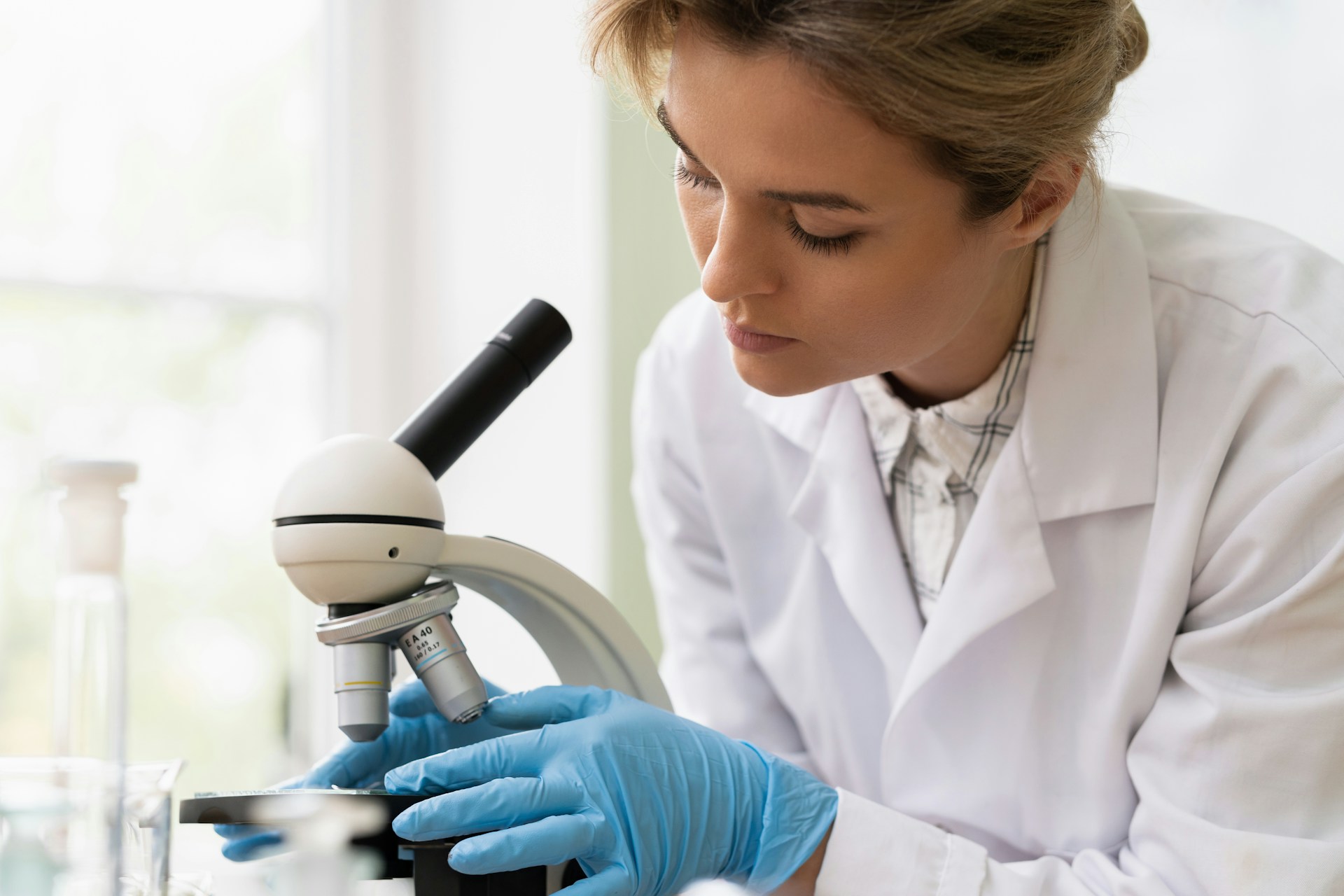
The world of healthcare is undergoing one of the most transformative periods in history. Advances in medical innovations are no longer slow, decades-long processes. Instead, breakthroughs are emerging at record speed, reshaping how doctors diagnose, treat, and even prevent illnesses. The future of medicine is no longer a distant dream—it is happening now. From cutting-edge devices that monitor your health in real time to genetic breakthroughs that can rewrite the blueprint of life, these medical innovations are rewriting the rules of care.
Today, patients benefit from more accurate diagnoses, faster treatments, and a focus on prevention rather than reaction. Doctors are using advanced tools powered by artificial intelligence, while scientists are creating solutions that were once science fiction. As we explore the remarkable developments shaping modern healthcare, it becomes clear that medicine’s next leap will not just treat disease—it will redefine health itself.
Smart Wearable Technology for Real-Time Health Monitoring
Wearable technology has evolved far beyond step counters and heart rate watches. Modern medical innovations in wearables can track a wide range of vital signs, including blood oxygen levels, body temperature, heart rhythm irregularities, and even early signs of chronic conditions like diabetes. These devices send the data directly to healthcare providers, allowing for swift medical action if irregularities are detected.
In hospitals, wireless monitoring patches give patients freedom of movement without losing connection to critical health tracking. For example, a patient recovering from surgery can be monitored continuously while walking around, speeding up recovery. At home, wearables help individuals manage chronic diseases by providing daily health reports that doctors can review remotely. This shift from reactive to proactive care is one of the most impactful trends in modern healthcare.
AI-Powered Diagnostics for Faster and More Accurate Results
Artificial intelligence is one of the most promising medical innovations of our time. AI systems can analyze complex scans, lab results, and medical records in seconds, often detecting conditions earlier than the human eye can. For example, AI-powered imaging tools are helping radiologists find tumors at much smaller sizes, allowing treatment to begin earlier when success rates are higher.
Beyond imaging, AI assists in predicting disease risks, recommending personalized treatments, and even automating routine paperwork, giving doctors more time to focus on patient interaction. This combination of speed and accuracy is helping reduce diagnostic errors and ensuring that patients receive the proper care faster than ever before.
Breakthroughs in Regenerative Medicine
Regenerative medicine is pushing the limits of what is medically possible. Scientists are developing techniques to repair, replace, and even regenerate damaged tissues and organs. Stem cell therapies are helping patients with heart damage rebuild healthy cardiac tissue. Tissue engineering is creating lab-grown skin for burn victims that integrates seamlessly with the patient’s body.
These breakthroughs hold promise for treating conditions like spinal cord injuries, degenerative joint diseases, and organ failure. Instead of relying solely on transplants or artificial devices, regenerative medicine aims to restore natural function, offering hope to millions who previously faced lifelong disability or decline.
Gene Editing for Precision Treatment
Gene editing, particularly with CRISPR technology, has opened an entirely new chapter in medical innovations. For the first time, doctors can target faulty genes that cause inherited disorders and correct them. This technology offers hope for conditions like cystic fibrosis, sickle cell anemia, and some forms of muscular dystrophy.
Gene editing also plays a role in cancer research, where scientists are modifying immune cells to recognize better and destroy cancerous growths. While there are ongoing ethical discussions about how far we should go with genetic modification, its potential for curing devastating diseases cannot be ignored. Precision medicine is no longer a theory—it is an active part of modern treatment development.
Telemedicine and Virtual Care Expansion
The expansion of telemedicine is one of the most practical medical innovations to emerge in recent years. Virtual healthcare allows patients to consult with doctors through video calls, saving time and improving access to specialists. For people living in rural or underserved areas, telemedicine eliminates the barrier of long travel times and limited local healthcare facilities.
Virtual tools are also integrating augmented reality and remote diagnostics. For example, a primary care doctor can guide a patient through a self-examination using a smartphone camera, or a surgeon can consult on a procedure happening thousands of miles away. This technology is making healthcare more accessible, efficient, and inclusive.
Personalized Medicine for Targeted Care
Personalized medicine is transforming the traditional one-size-fits-all healthcare approach into highly tailored treatment plans. By studying a patient’s genetics, environment, and lifestyle, doctors can determine the most effective therapies with fewer side effects. For example, cancer patients can now receive targeted drugs designed to attack only the cancer cells that match their genetic profile.
This shift not only improves treatment success rates but also prevents unnecessary exposure to ineffective medications. In the future, personalized medicine will likely become the default, making care more effective for everyone.
The Road Ahead for Medical Innovations
Looking ahead, the possibilities for medical innovations are nearly limitless. Researchers are exploring nanotechnology that could deliver medicine directly to diseased cells, eliminating side effects. Fully functional artificial organs may soon replace failing hearts, kidneys, and lungs without the need for donor matches. AI systems could predict the onset of illness before symptoms even appear, allowing preventive action to be taken in time.
The combination of technology, biology, and data science is creating a healthcare system that will be more proactive, more precise, and more personalized than ever before. For patients, this means better outcomes, longer lives, and improved quality of life. For healthcare providers, it means the ability to work smarter, treat earlier, and save more lives.